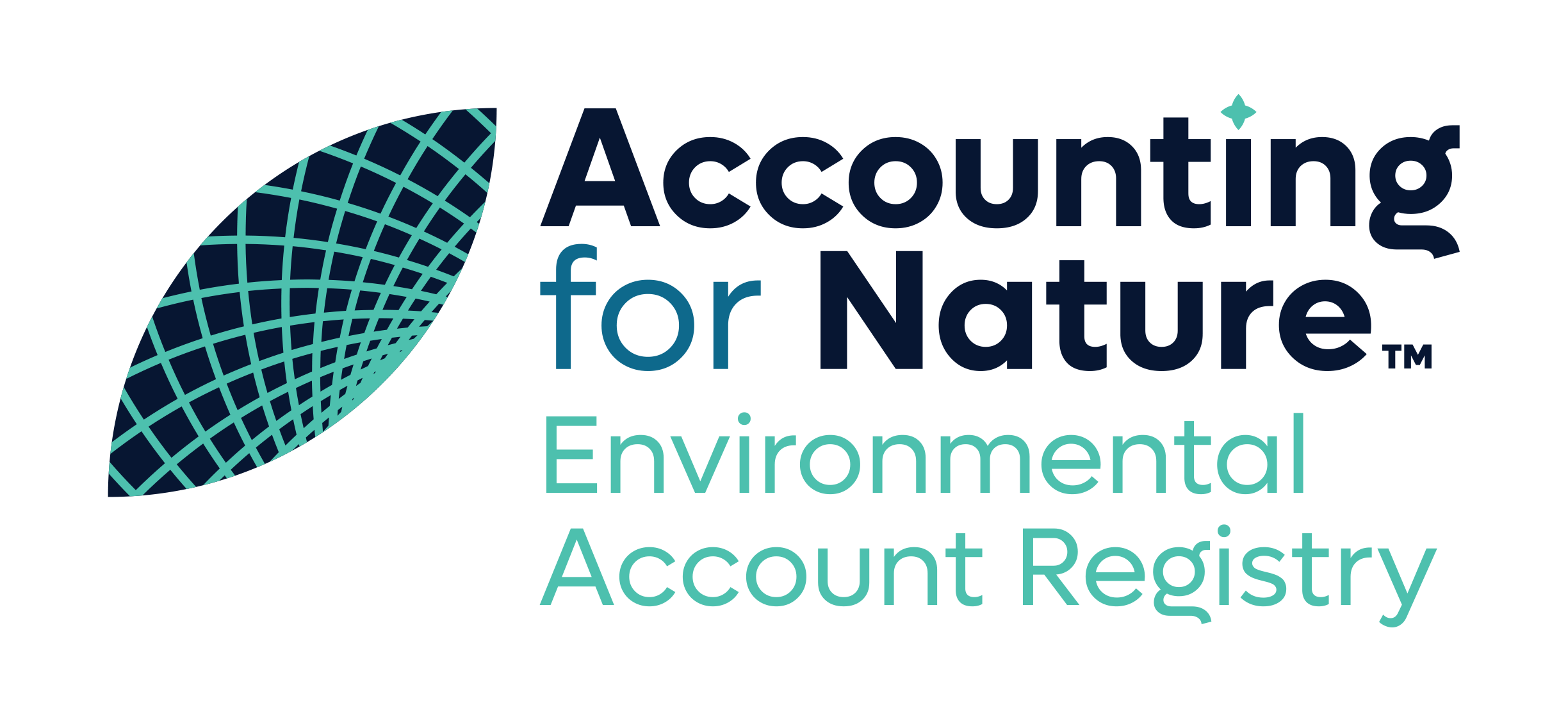Environmental Accounting Standard.
A world leading environmental accounting standard to measure the state of nature.
Our Standard.
Following a decade of development involving hundreds of experts, the Accounting for Nature® Framework sets the first globally consistent Standard for measuring, certifying and communicating changes in the condition of environmental assets of vegetation, soils, fauna, water, microorganism and ecosystems.
Farmers, landholders, carbon project developers, governments and private sector investors around the world can use Accounting for Nature® Standard for due diligence to enable better financing decisions, access new markets or promote their sustainability impact with the utmost confidence and scientific credibility.
How it works.
Whether focusing on improving the management of forestry, agriculture, or restoration activities, entering developing green market opportunities, measuring co-benefits of carbon or blue carbon projects, or simply looking to credibly and transparently make claims, the Accounting for Nature® Environmental Accounting Standard may be applied. The Environmental Accounting Standard includes a rigorous review of environmental condition data through its Certification Pathways, where Environmental Accounts undergo a rigorous technical assessment or independent audit process. .
The Accounting for Nature® Standard, is a comprehensive solution for certifying and reporting on the state of Environmental Assets across various scales, including project, property, aggregate, regional, or national levels. Our standard offers a structured five-step approach, empowering users to accurately assess and document environmental conditions.
5 steps.
Embedded within the Accounting for Nature® Standard are precise rules, guidelines, and requirements. These provisions ensure that users generate comprehensive and standardised Environmental Accounts. Accounts are developed by selecting and applying an Accredited Method which guides users on measuring and reporting the state of nature through detailed tables, maps, and Information Statements. Through this process, the environmental condition of Environmental Assets is effectively represented as an Econd®. Measures of the productive condition, the Pcond, can supplement this, offering clear insights into changes in condition over time.
The Econd®, or "Environmental Condition Index," is the foundational element of the Accounting for Nature® Framework. This innovative metric simplifies complex scientific data into a single, easy-to-understand number. By offering a streamlined measure, the Econd® makes environmental condition reporting accessible and meaningful to a wider audience. It is an index between 0 and 100, where 100 describes the condition of an Environmental Asset in its un-degraded state.
A Pcond is an index between 0 and 100, where 100 describes the condition of an Environmental Asset relating to its potential to produce a defined set of goods or services and must always be accompanied by an Econd®.
Certification.
All Environmental Accounts undergo a rigorous review through the Certification Process. Environmental Accounts must be Certified at least every five years to remain current.
There are two main pathways to achieving formal recognition for your environmental accounting efforts. You may seek to have your Account classified as either:
Certified - AfN Verified.
Accounting for Nature reviews the Environmental Account against a standardised checklist and confirms the Account through a Technical Assessment.
Certified - Independent Audit.
Requires third-party verification by an Accounting for Nature® Accredited Auditor. Learn more about the audit & verification pathway.
Account certification.
Learn more about our Certification Program.
Account registration.
Register an Environmental Account.








